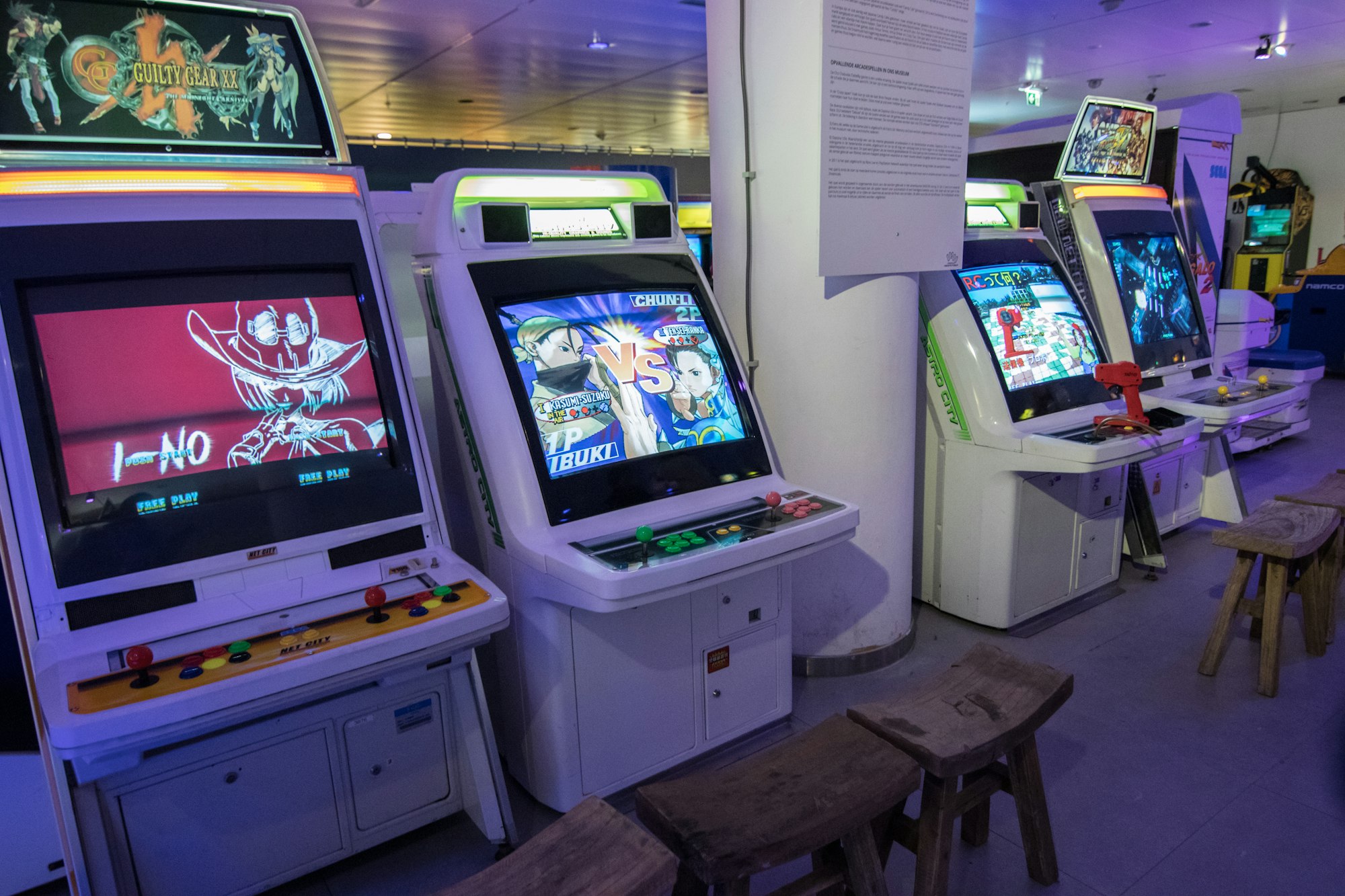How Video Games Have Become a Third Place
Social adaptation in modern times

Since the COVID-19 global pandemic, third places have become scarce. Third places, a term describing places for people to congregate, socialize, and spend time away from work or home, have slowly become less and less accessible due to things like inflation and the rise of remote and hybrid work. They're important for fostering social engagement within communities and giving people the psychological comfort and identity that is crucial to managing one's mental and emotional health.
As environments get blended together, it's harder to get away and find somewhere where one can truly disconnect from the rest of the world. However, the pandemic also brought on a rise in digital interactions, allowing for people to meet up online in ways that were familiar, but under a different lens. While online gaming has been around since the late 70s with the creation of MUDS, it's only grown more and more popular, and with the forced isolation of the pandemic in 2020, a new slew of games came into the fray with an emphasis on cooperation.

The Essentiality of Third Places
Third places are defined as "locations that facilitate social interaction outside of the people you live or work with and encourage 'public relaxation.'" They place an emphasis on encountering "regulars", other people who share the space in a similar way and create direct and indirect social interactions. While third places as social hubs have always existed as physical places, people have continued to combine their first and second places (home and work respectively) in a way that affects interactions with the third. Remote work has become increasingly popular throughout the decade, and people have continued to invest in things like at-home gyms and movie rooms, further eliminating the need to leave the house for fun.
This is where video games come into play. When places shift from being physical boundaries to abstract ideas, it becomes easier to assign different mentalities to different workstations. It isn't uncommon to have multiple devices at home nowadays, like having separate computers for work and gaming: perhaps you own a smartphone, but also a tablet for recreational use, and these are on top of various gaming consoles and their respective catalogs. If all of these devices are in the same house, sharing the same space, then the first and third places have been combined in the physical sense.

No matter how you cut it, third places require an investment, and video games make those investments worthwhile.
Leaving the house now is more expensive than it's been in the past. When not every town has its own local activity center, most people spend their time in cafes or bars, but those cost money with every visit. People could spend time at parks or libraries, but they are both subject to government funding. Parks also have little to offer besides playground equipment and being outdoors, and most libraries close between 4:00 P.M. and 8:00 P.M. No matter how you cut it, third places require an investment, and video games make those investments worthwhile.
Games give people unique experiences that cannot be fully felt in other mediums. They combine elements from novels, movies, and visual art to create interactive experiences that immerse players in fictional worlds with their own characters, stories, and decisions to make. And the icing on the cake is that they're cost-effective, only charging people once rather than the repeat investments of restaurants and bars.
Forming Communities Through Gaming
The pandemic brought forth a surge of multiplayer co-op games. Among Us saw the peak of its popularity in the summer of 2020 when streamers came together to deceive each other for fun online, and it was later released on mobile devices for free. Fall Guys saw its peak in August of the same year, also being free on PS+ that summer. Newcomer Lethal Company appears to have taken the spotlight now, combining horror elements with dramatically fun multiplayer experiences. Each of these games requires an online connection to play with other people, and, excluding Fall Guys, needs communication of some sort to succeed. Players talk to each other through text, Discord calls, or proximity voice chat and hash it out until the game comes to an end, and then they do it all over again.

MMORPGs like Warcraft and Final Fantasy XIV saw an influx of players with a newfound interest in the games, providing massive amounts of content for players to experience not just through the story and combat, but the fictional world itself. FFXIV has its own competitive real estate market, night clubs, and Free Companies that can either be casual experiences or more hardcore, with plenty fostering a thriving role-playing community.
Video games permit a much greater sense of self-expression, allowing people to express themselves with varying amounts of character customization options, and abstract forms of communication. People can take whatever issues they have with their real selves and throw them to the wayside temporarily in online spaces, culminating in a very curated self to put on display while online. Many games offer nonverbal forms of communication, like the standard ping wheel in modern battle royale games or crouching in front of another player to show them you aren't hostile. The anonymity of online spaces allows people to communicate with each other easily and comfortably in a persona that players can craft for themselves.

Video games permit a much greater sense of self-expression, allowing people to express themselves with varying amounts of character customization options, and abstract forms of communication.
None of this is to say that the only way we can communicate through games is online. I'd argue that the best approach is to use video games as a common ground to meet up with people in real life. Arcade bars have become increasingly popular, esports communities host tournaments online and offline, and LAN parties are always good fun with friends.
Video games allow for an immensely unique level of communication and social interaction that can be appreciated in so many ways. With the blending and disappearing of third places, it's not only important to try and hold onto these realms of recreation while we can but also to seek them out in our own abstract ways, in order to keep ourselves social and healthy.